Overview:
|
A powerful low pressure system passed through the Central Plains on Saturday, Feb. 23, 2019, bringing several hours of near-blizzard to blizzard conditions to the southeast half (and especially the southeast one-third) of the NWS Hastings coverage area (see map and list of snow totals below). |
Radar loop from 5 AM - 9 PM on February 23, 2019 shows the development and progression of the snow, including the heavy snow band. |
Snow
Storm Total Snow - Saturday, February 23, 2019
|
Peak Wind Gusts
Observations are taken from a variety of equipment
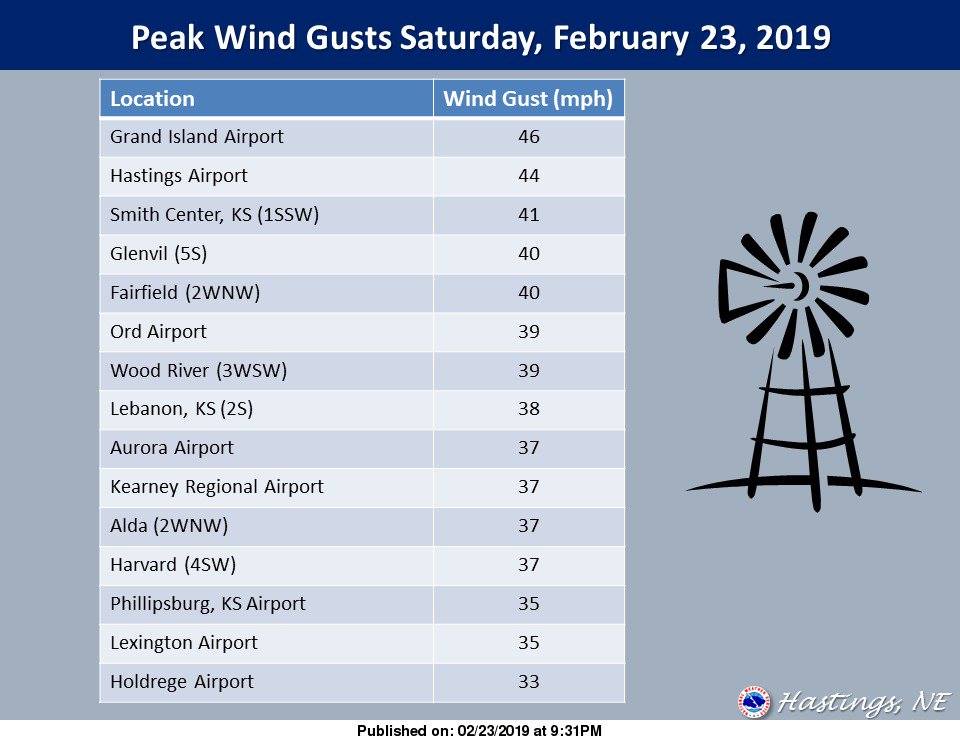
Photos & Video
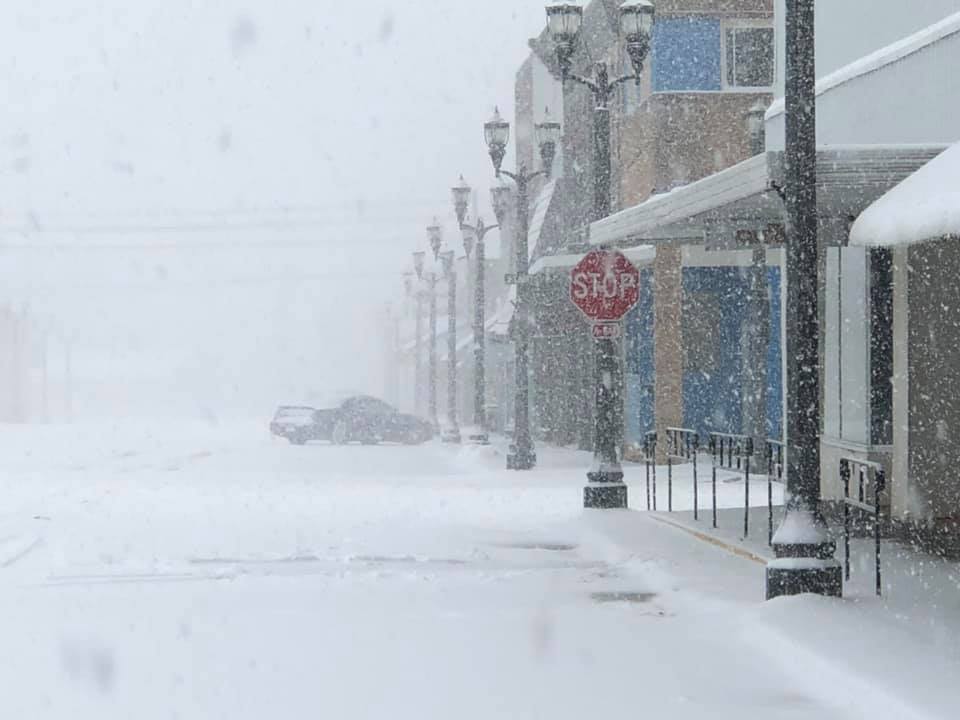 |
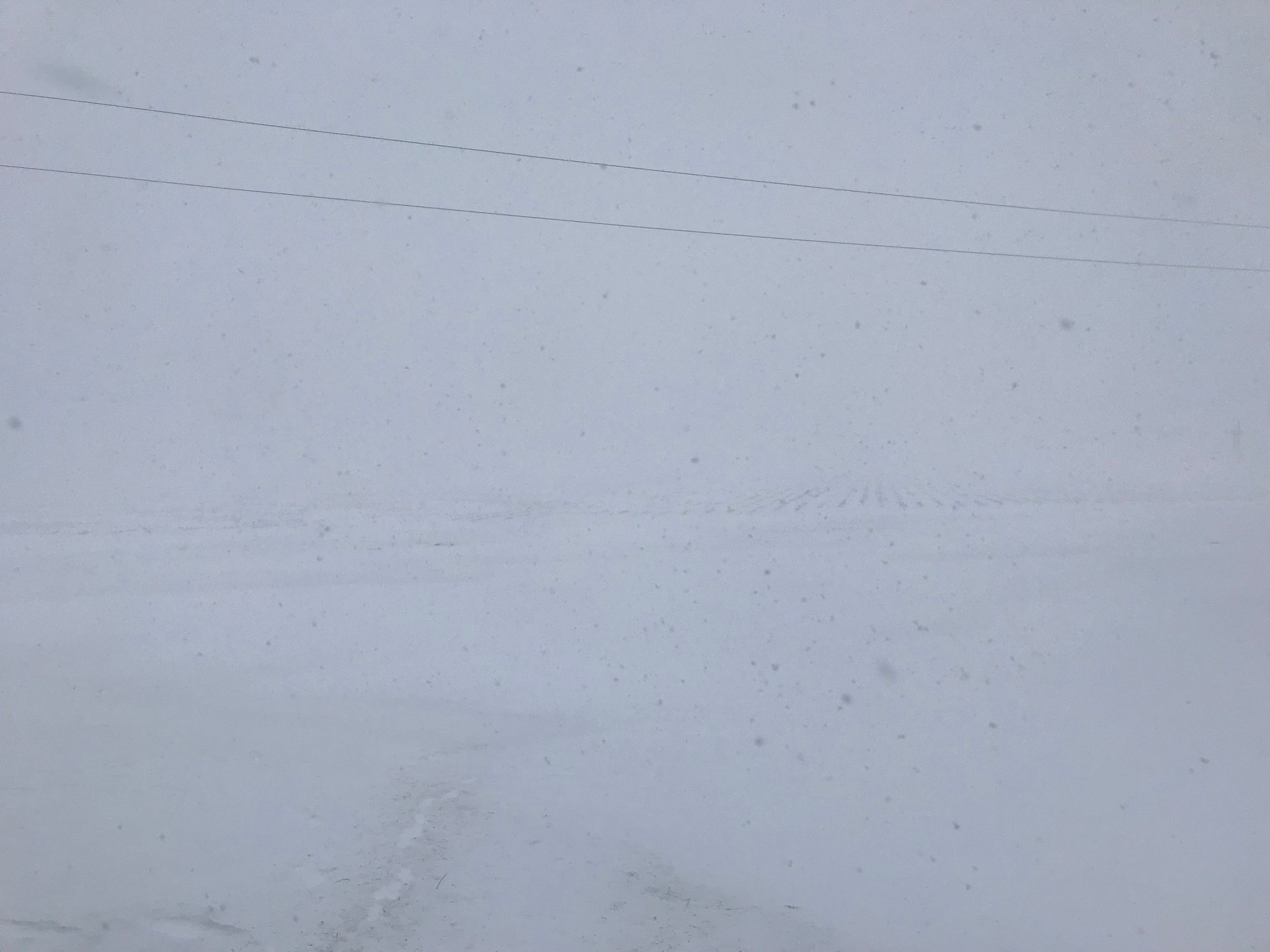 |
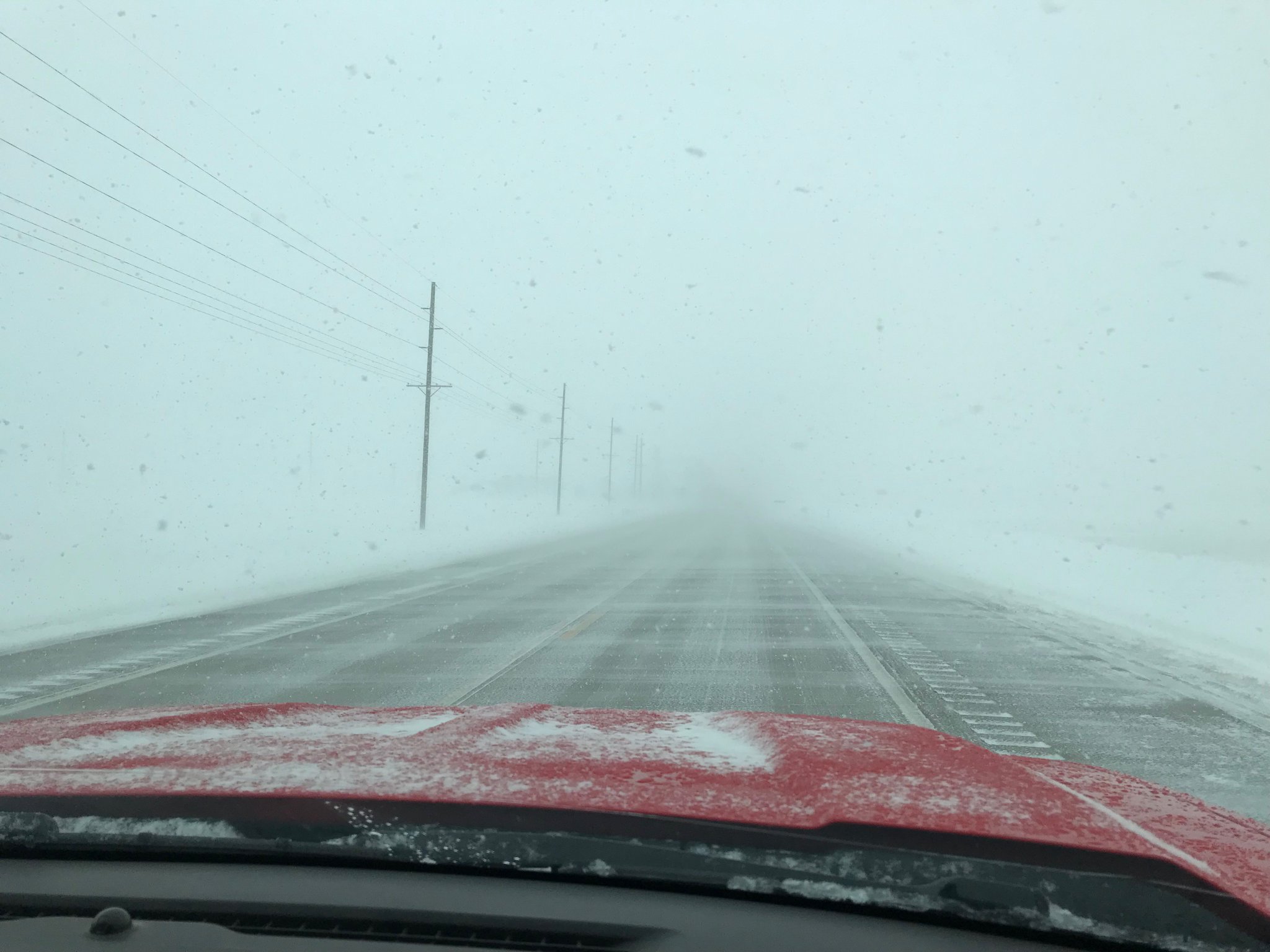 |
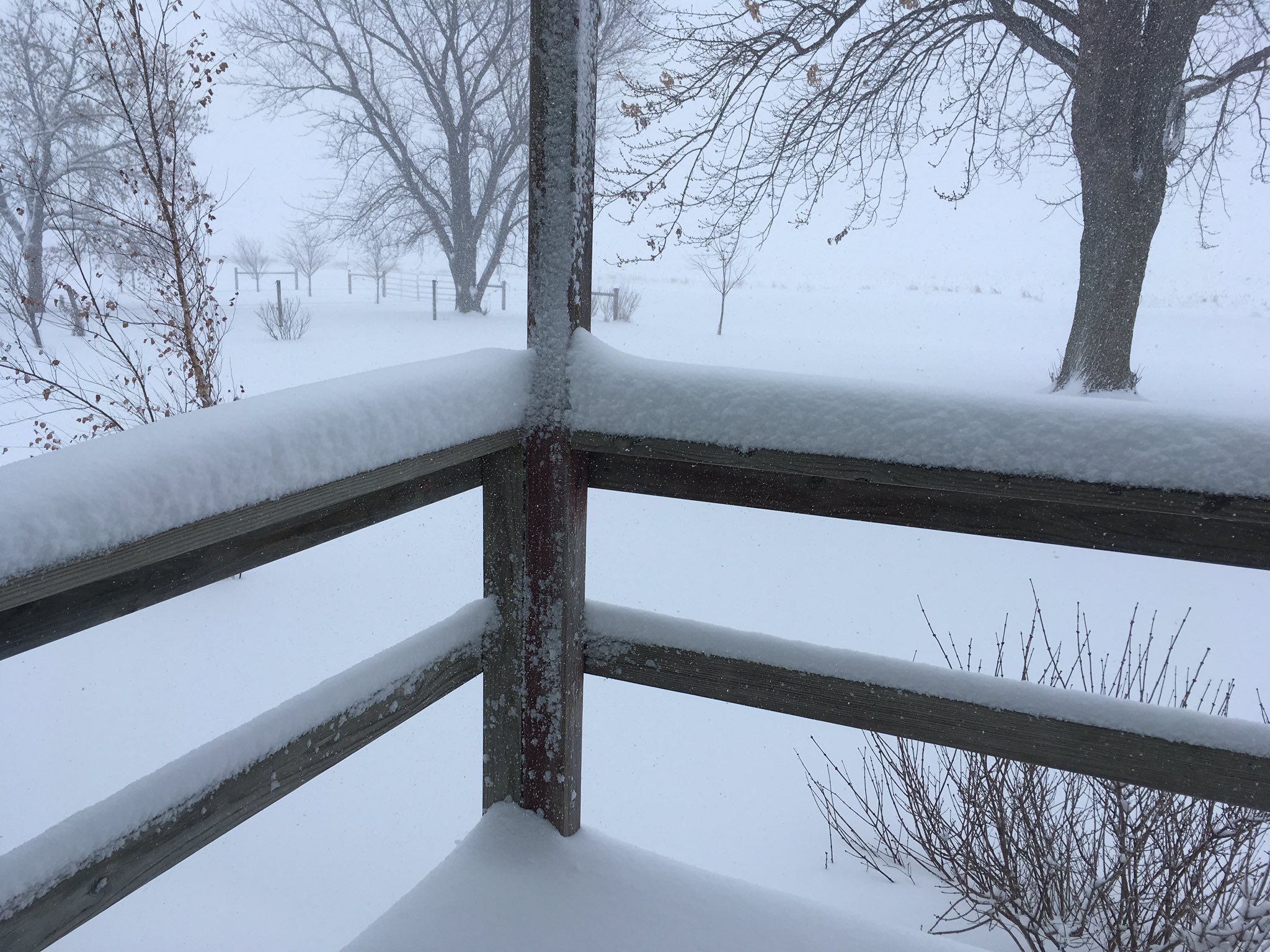 |
| Beloit, KS photo by Joe Sporleder |
1N of Hampton, NE photo by Kirt Smith |
East of Aurora, NE photo by Kirt Smith |
Shelby, NE photo by Melanie McKinney |
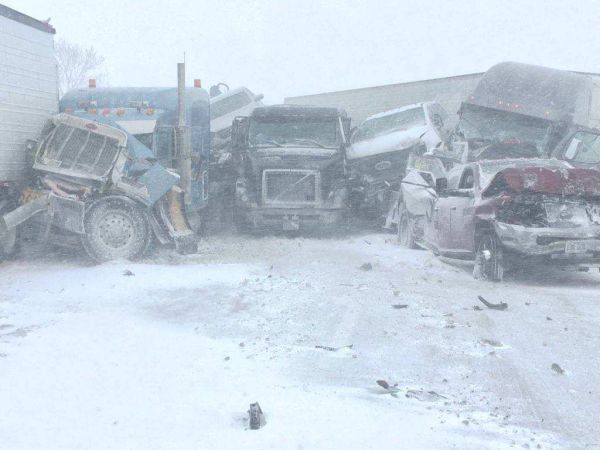 |
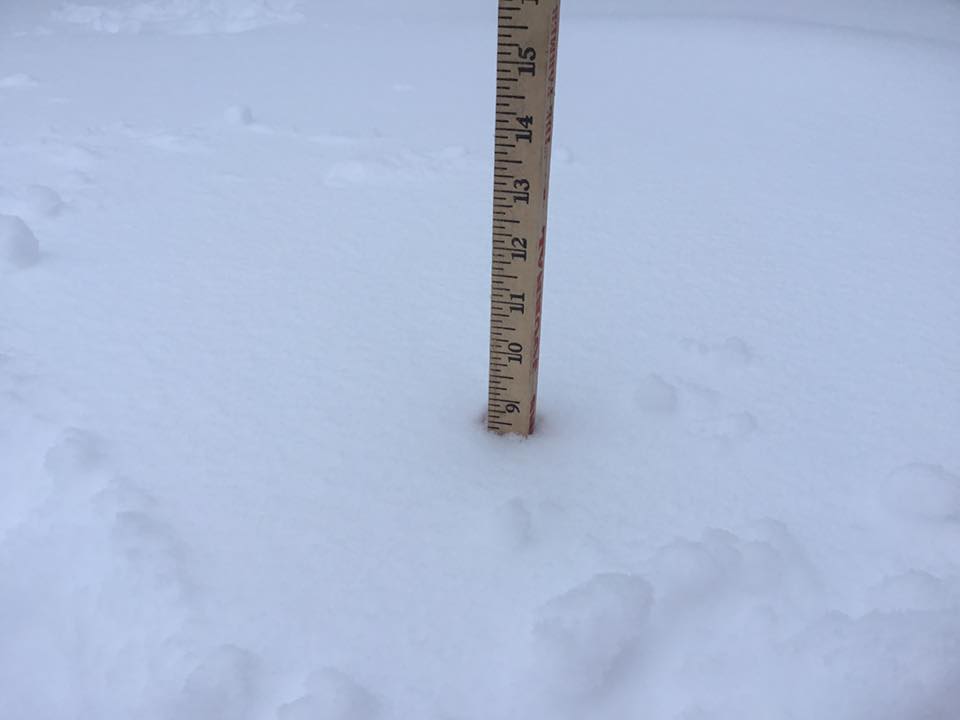 |
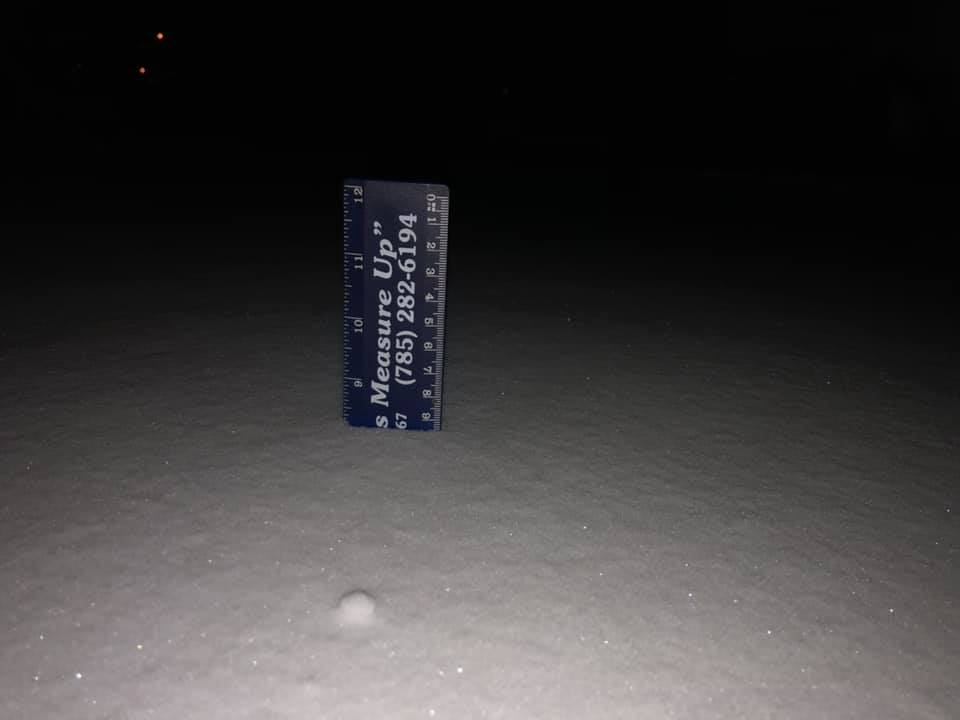 |
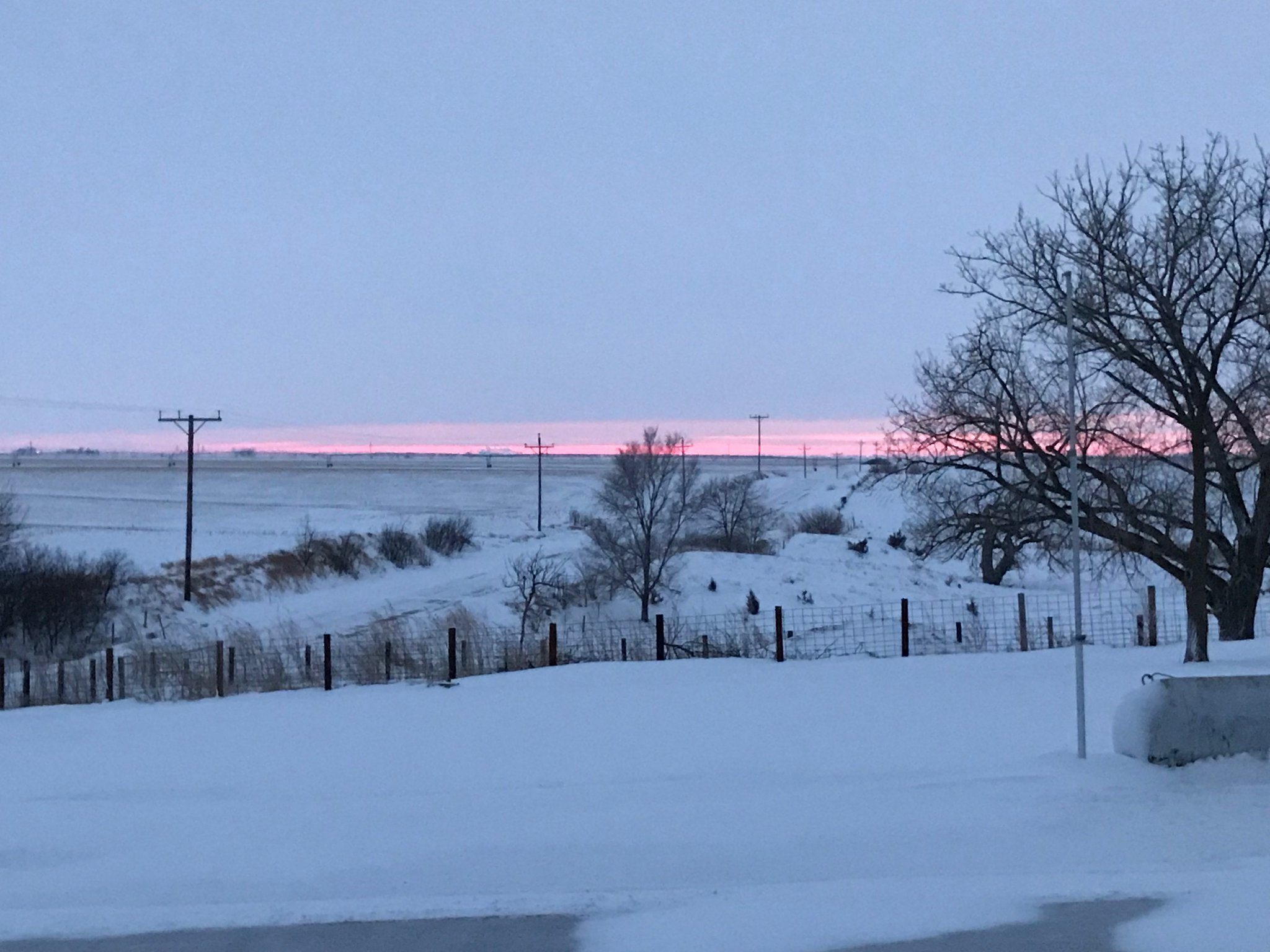 |
| Interstate 80 near Aurora, NE photo by Nebraska State Patrol |
Gaylord, KS photo by Carolyn Vohs Johson |
Smith Center, KS photo by Saige Blue |
North of Hampton, NE photo by Kirt Smith |
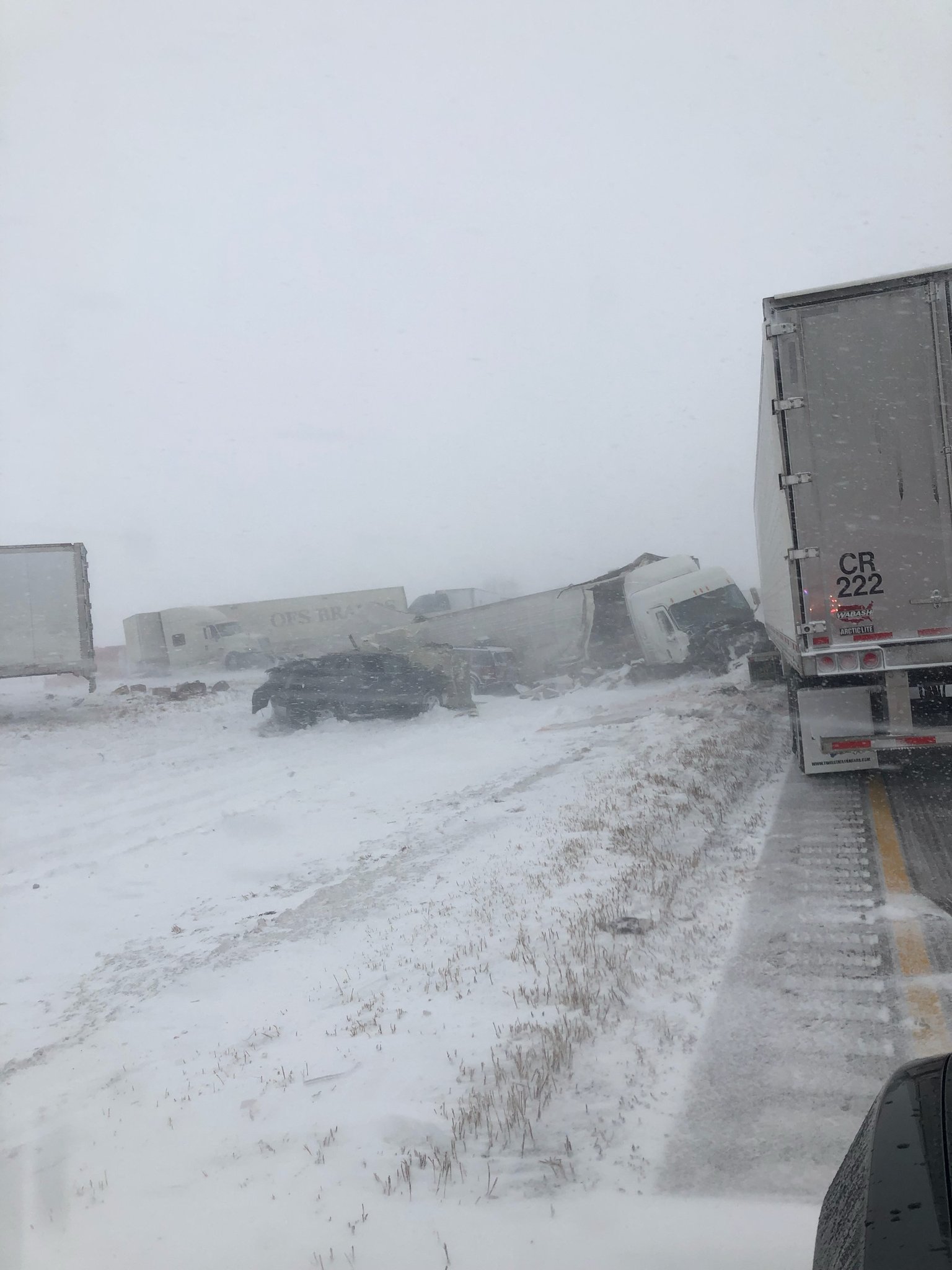 |
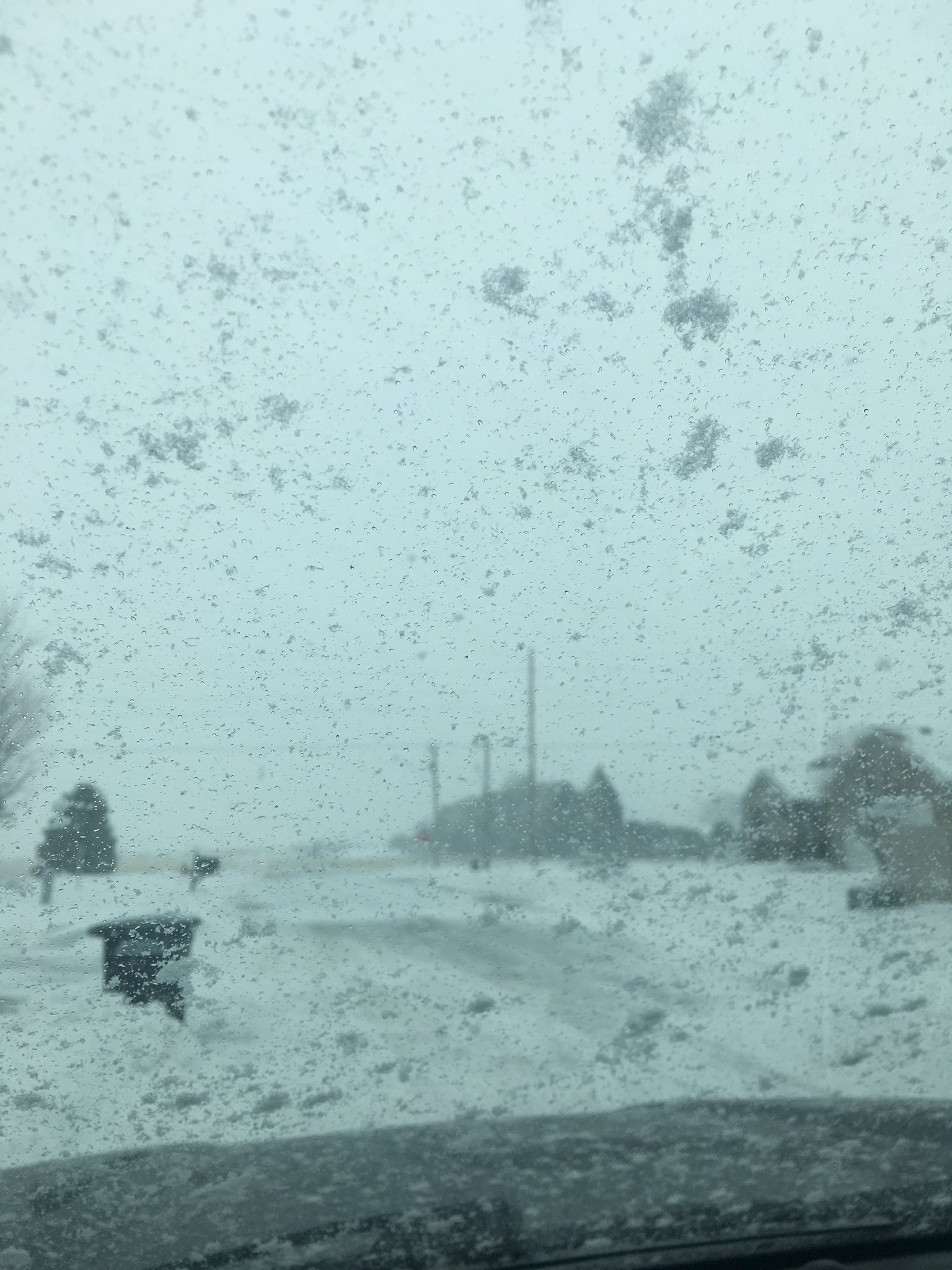 |
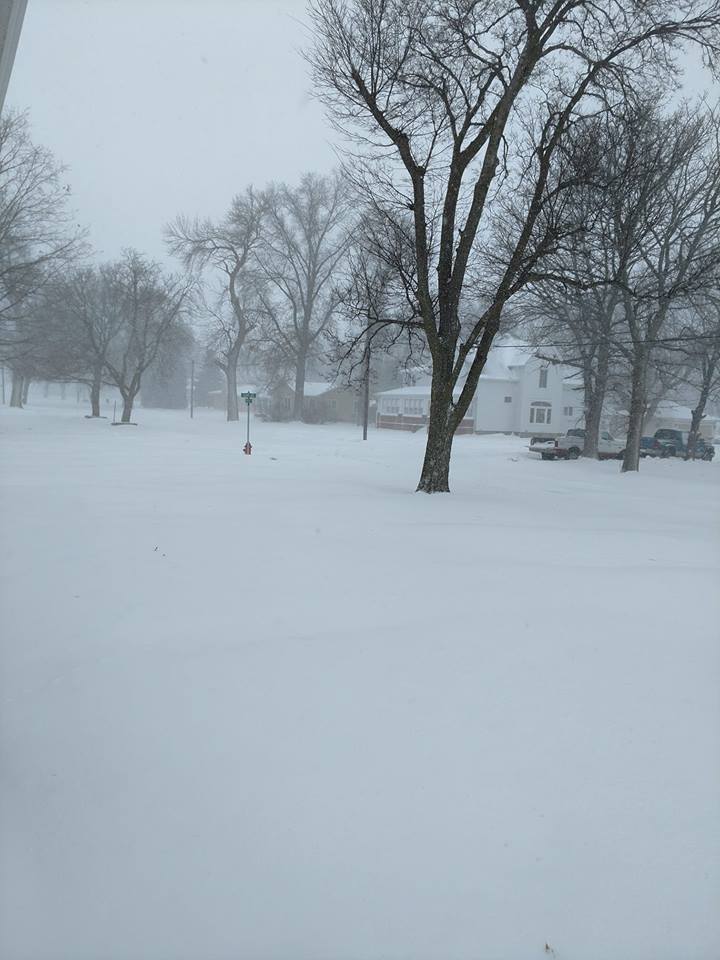 |
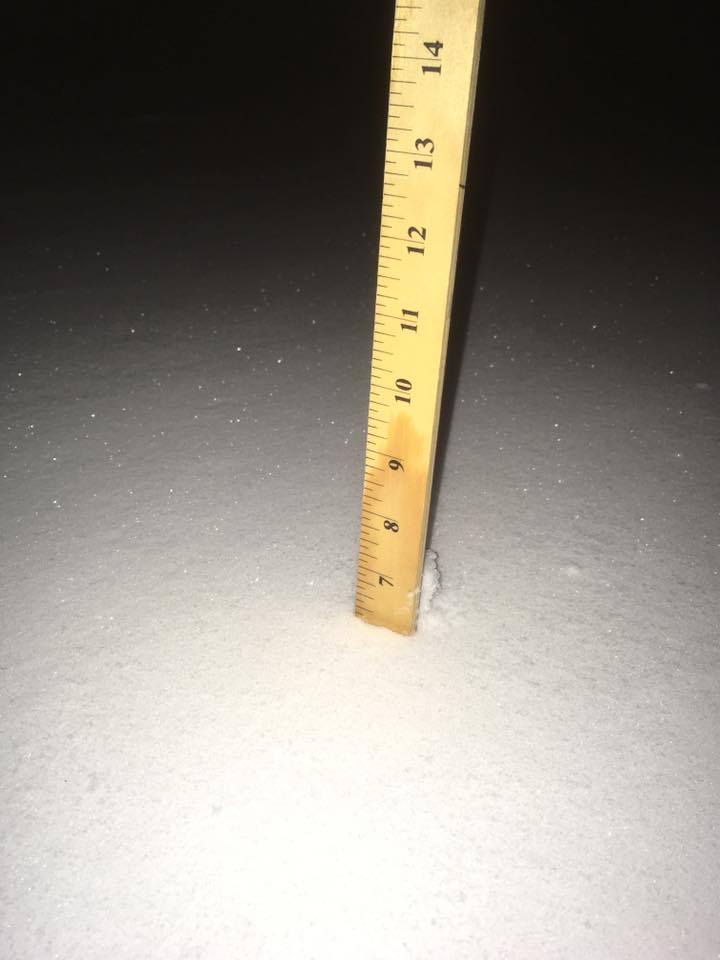 |
| Interstate 80 near York, NE photo by Trooper Pelster |
Doniphan, NE photo by Jordan Thies |
Edgar, NE photo by Martha Wacker |
NW Jewell County, KS photo by Betsy Jennings Reinert |
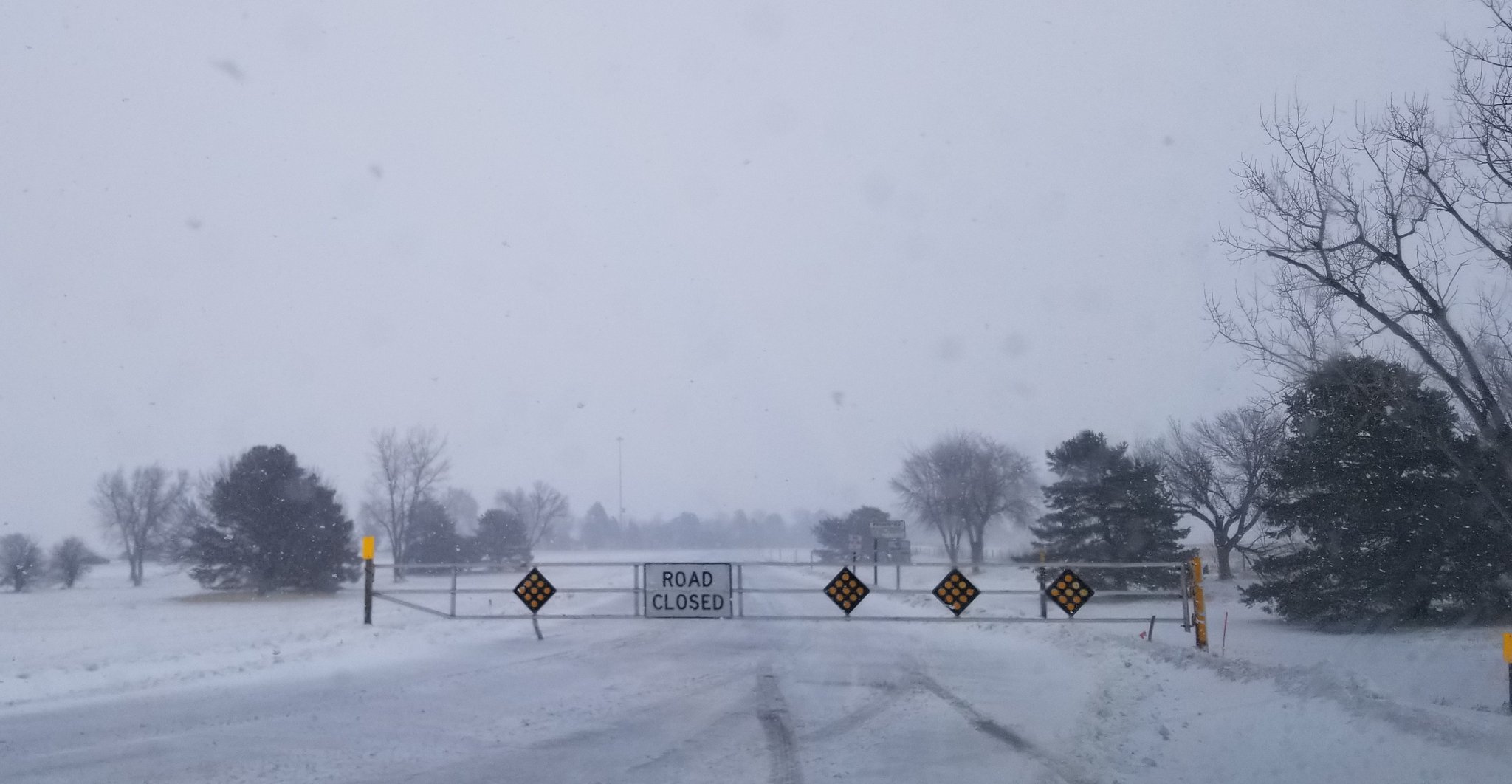 |
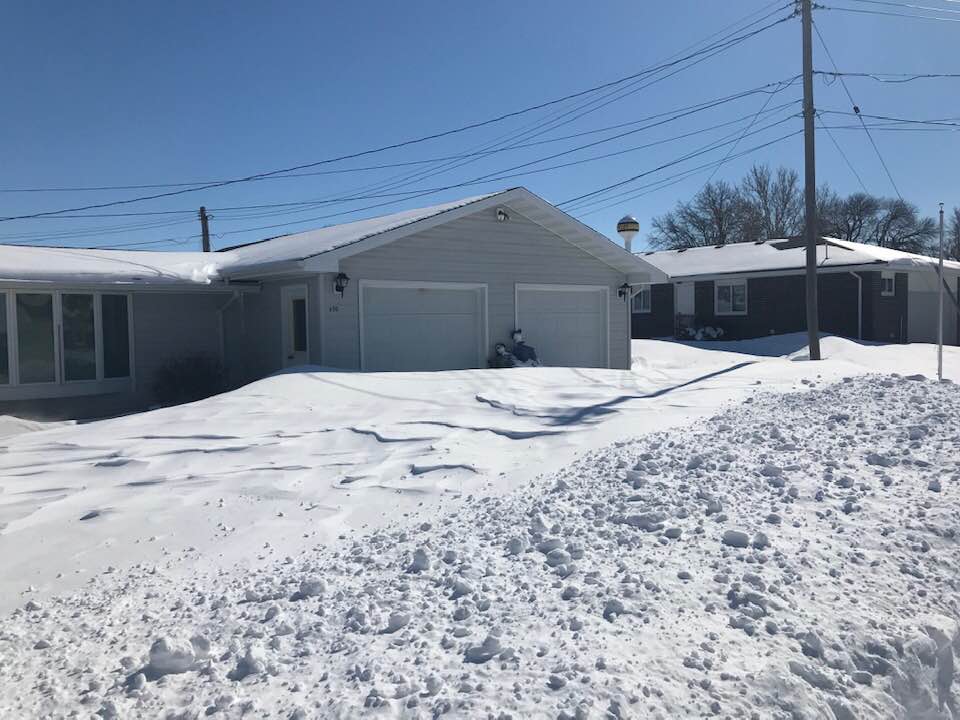 |
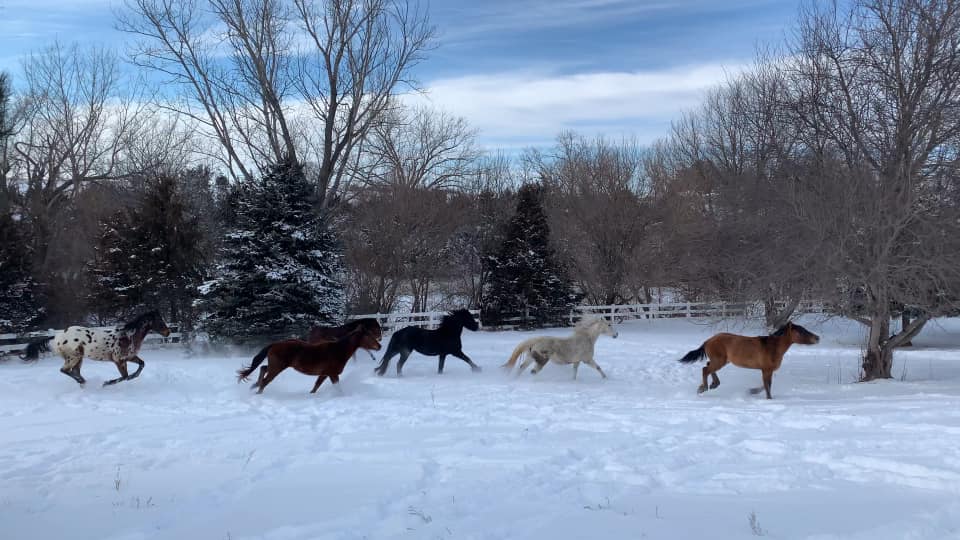 |
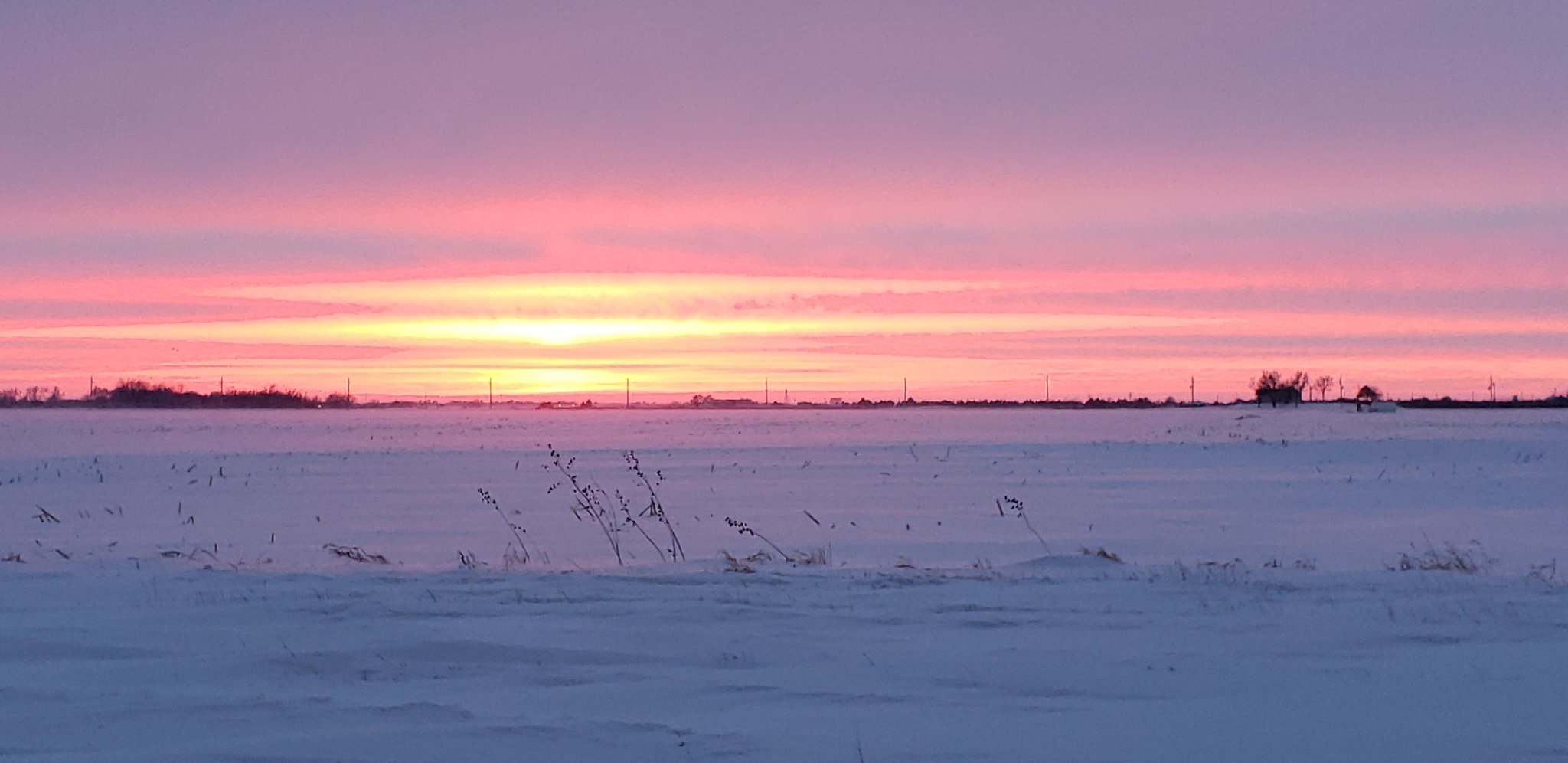 |
| Interstate 80 Closed at Lexington, NE photo by Nebraska State Patrol |
Shelby, NE photo by Grant Gabel |
6 East of Ayr , NE |
Grand Island, NE photo by Jon Rosenlund |
|
|
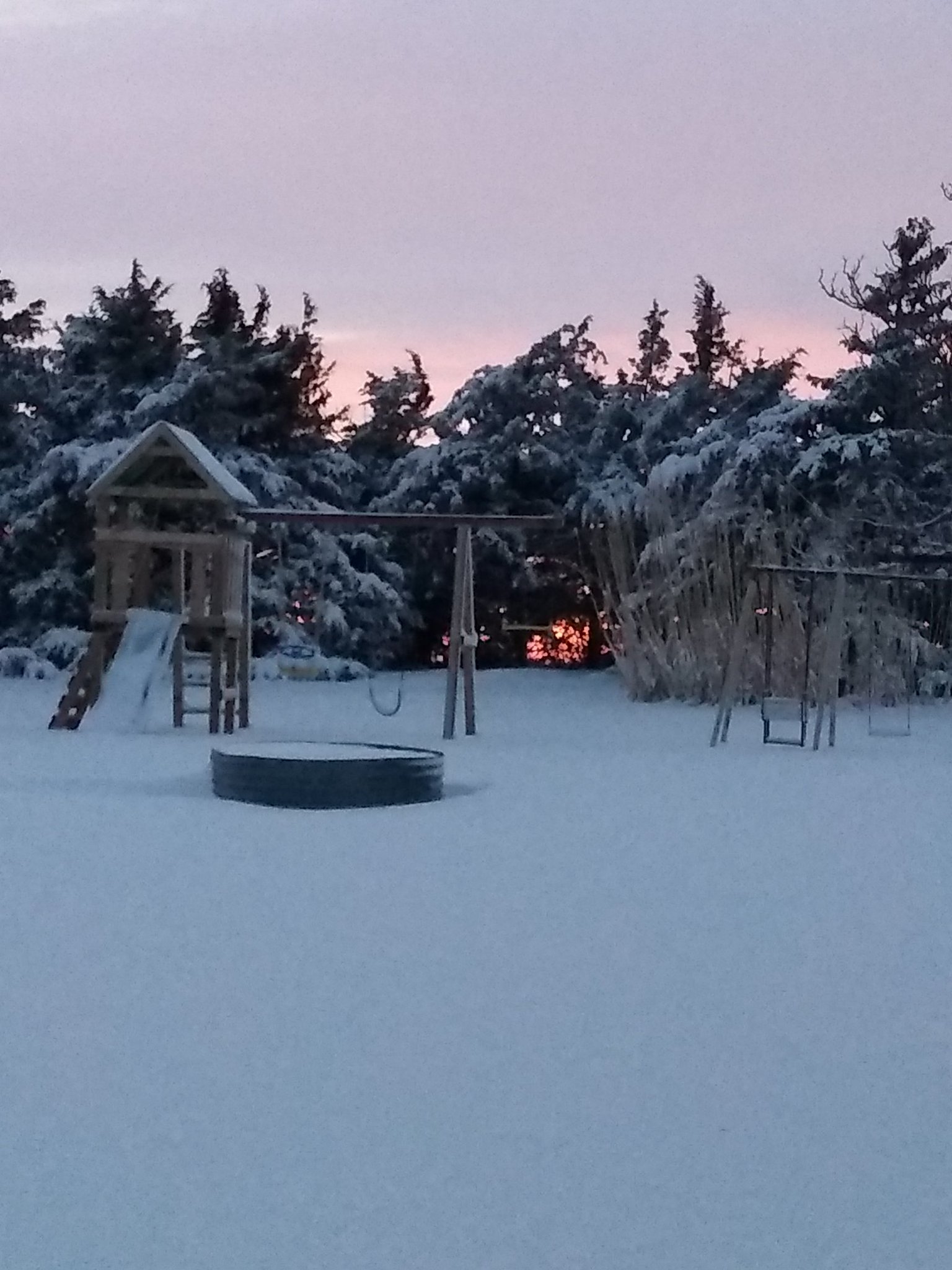 |
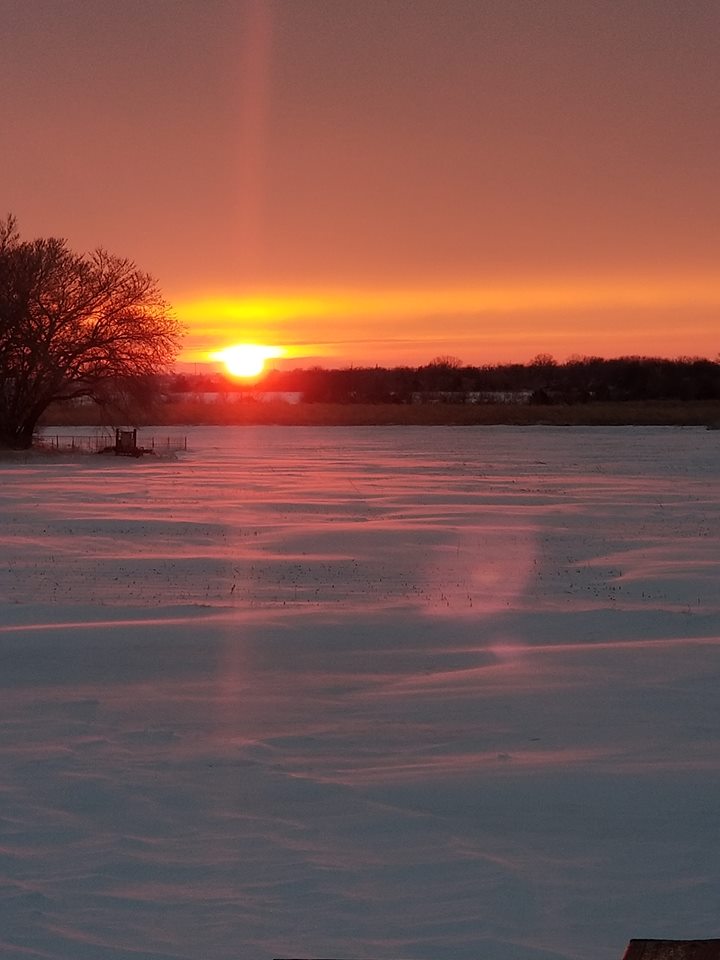 |
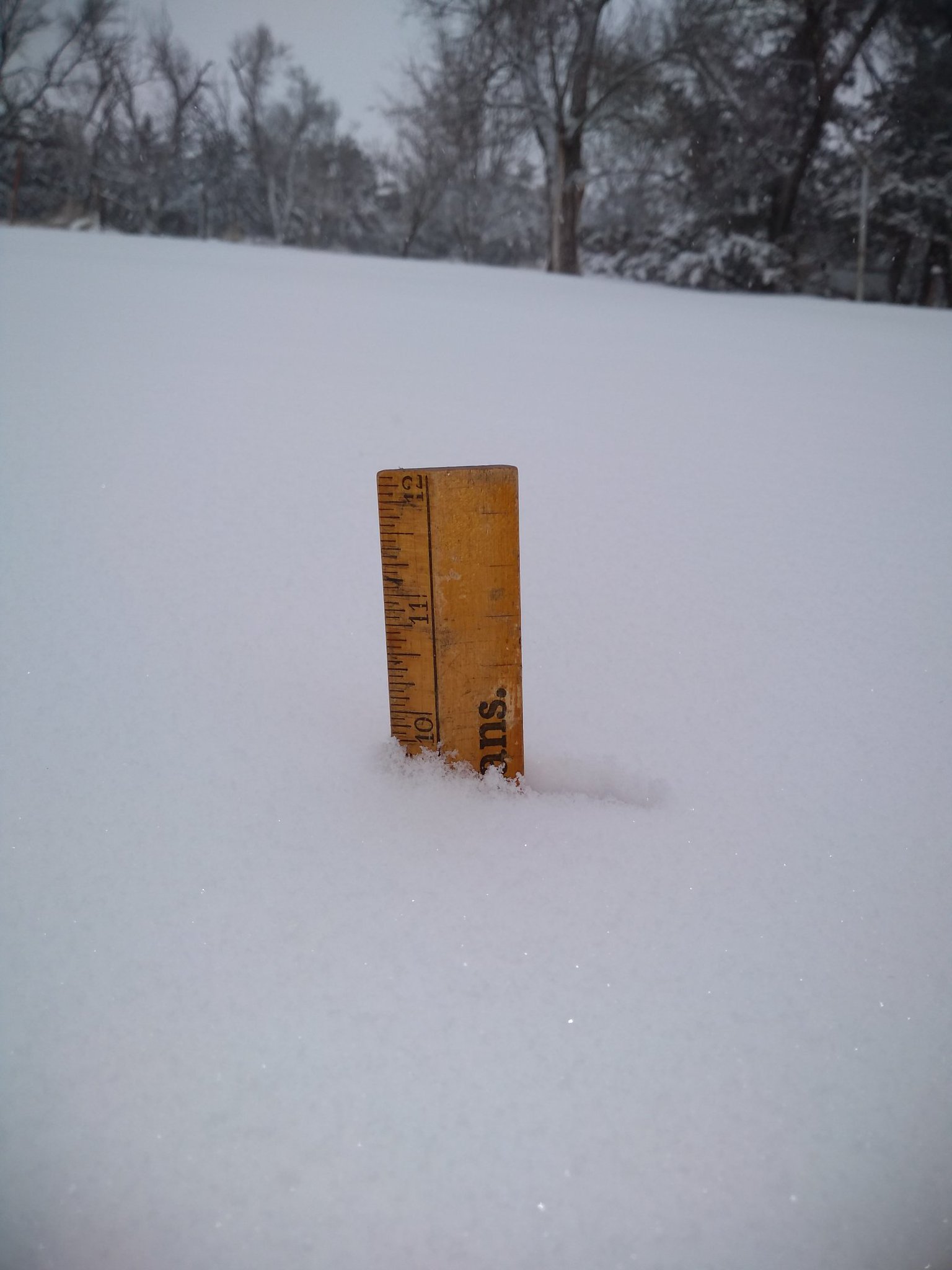 |
| North of Hampton, NE photo by Kirt Smith |
6 NNE of Natoma, KS photo by Dale Beisner |
South side of Hastings, NE photo by Angela Pfannkuch |
6 NNE of Natoma, KS photo by Dale Beisner |
Weather Maps
|
|
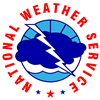 |
Media use of NWS Web News Stories is encouraged! Please acknowledge the NWS as the source of any news information accessed from this site. |
 |